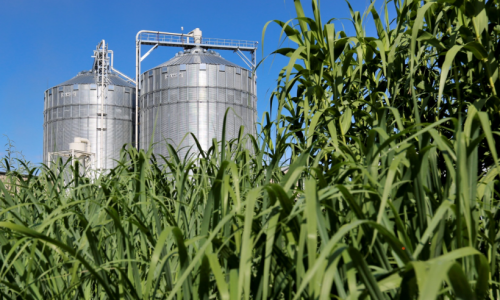Energy company PT TBS Energi Utama (TOBA) is set to have two new renewable energy (EBT) power plant projects in Sumatra − a mini hydro power plant (PLTMH) in Lampung and a floating solar power plant (PLTS) in Tembesi Reservoir, Batam −next year.
Nafi Achmad Sentausa, Senior Vice President of Corporate Strategy & Investor Relations of PT TBS Energi Utama said that the PLTMH in Lampung has a capacity of 2×3 megawatts (MW) targeted to operate by the end of 2024, which will be carried out by PT Energi Baru TBS, a subsidiary of TOBA.
“Now the progress is at 80 percent, maybe up to 90 percent,” Nafi said on Thursday, November 14, 2024.
Currently, the Sumber Jaya Lampung PLTMH has passed the Power Purchase Agreement (PJBTL) with State power utility company PT PLN in 2021.
Meanwhile, the collaboration between TOBA and PT PLN Nusantara Power (PLN NP) will build a floating PLTS with a capacity of 46 megawatt peak (MWp) in Tembesi Reservoir, Batam.
Nafi said TOBA and PLN NP had signed the floating PLTS power purchase agreement (PPA) with PLN Batam.
“We have started construction. So the target is that next year it will also start operating commercially,” he said on Thursday.
Through the General Meeting of Shareholders, TOBA also divested two coal-fired steam power plants (PLTU) in Sulawesi and Gorontalo with a capacity of 200 megawatts (MW). Through this sale, TOBA is believed to be able to reduce 80 percent of the emissions produced by the company.
Juli Oktarina, Director of TBS Energi Utama, said that the release of shares was carried out directly and indirectly in PT Minahasa Cahaya Lestari (MCL) and PT Gorontalo Listrik Perdana (GLP) to PT Kalibiru Sulawesi Abadi.
Juli believes that the divestment can significantly reduce carbon from TBS by 20 percent of the total carbon composition currently released, or a reduction of 1.3 million tons of CO2.
Meanwhile, the remaining carbon emissions from the company after selling the assets come from coal mines that will soon finish operating in 2027.









